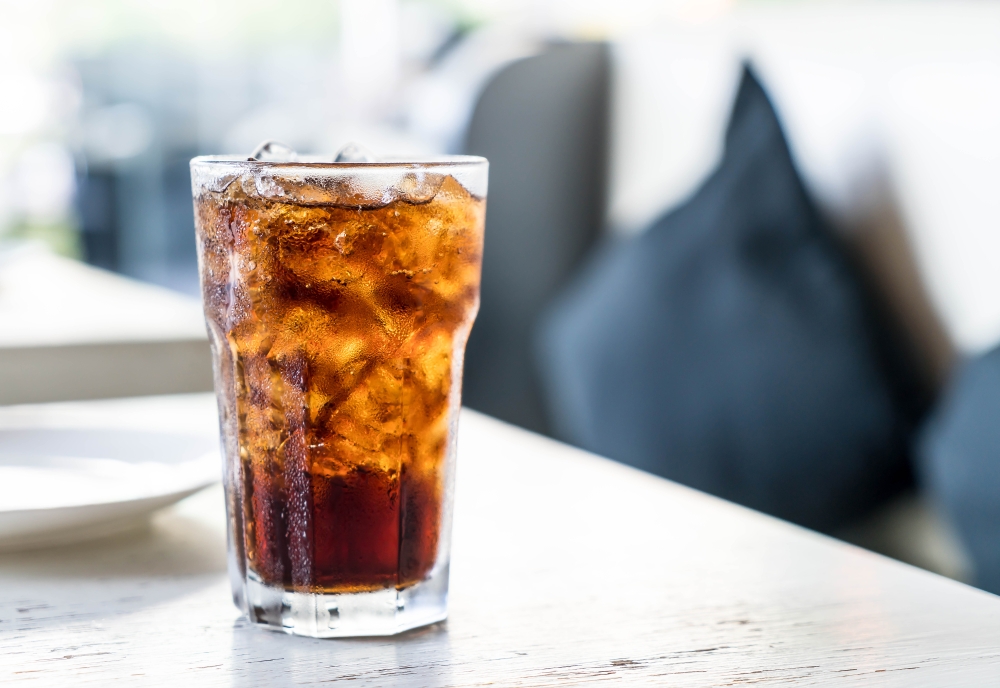KUALA LUMPUR, Aug 5 — Extreme weather events can lead to serious health issues such as heatstroke and dehydration, which can be fatal if not treated quickly.
Intense heat can also trigger sudden events such as heart attacks or strokes, and make existing conditions like kidney or lung diseases worse.
Last month, the National Disaster Management Agency recorded an increase in heat-related illnesses, with cases rising to 112 from 109 on July 16.
Among these cases, 26 were heatstroke, 78 were heat exhaustion, and eight were heat cramps.
In March, Deputy Prime Minister Datuk Seri Ahmad Zahid Hamidi said a 22-year-old man died from heatstroke on February 2 in Maran, Pahang.
Here’s what to look out for and what to do and not do to prevent the condition from worsening.
Heatstroke
Heatstroke is a critical condition that occurs when the body’s core temperature climbs above 40°C due to prolonged exposure to high temperatures. This can impair brain function and damage organs.
Signs to look out for: Confusion, a rapid heartbeat, and even loss of consciousness.
What to do: Get medical help immediately. While waiting, move the person to a cooler place. It can be in a shaded area or indoors where there is air conditioning or a fan to cool them down. Apply wet clothes to the body to cool it further.
What not to do: Offer fluids if the person is not fully conscious.
Heat exhaustion
Heat exhaustion is not as severe as a heatstroke, but still warrants attention.
Signs to look out for: Feeling weak, dizzy, and nauseous. Also, heavy sweating or muscle cramps.
What to do: Move the person to a cooler location, lie them down on their back with their feet raised above the heart level, and provide water if they are conscious.

Dehydration
Signs to look out for: Intense thirst, dizziness, and fatigue. Passing dark-coloured urine is very common.
What to do: Encourage the person to drink plain water and add an oral rehydration solution, if necessary. If the symptoms are severe or persist, get medical help.
What not to do: Consume coffee, tea, anything with caffeine or alcohol.



















